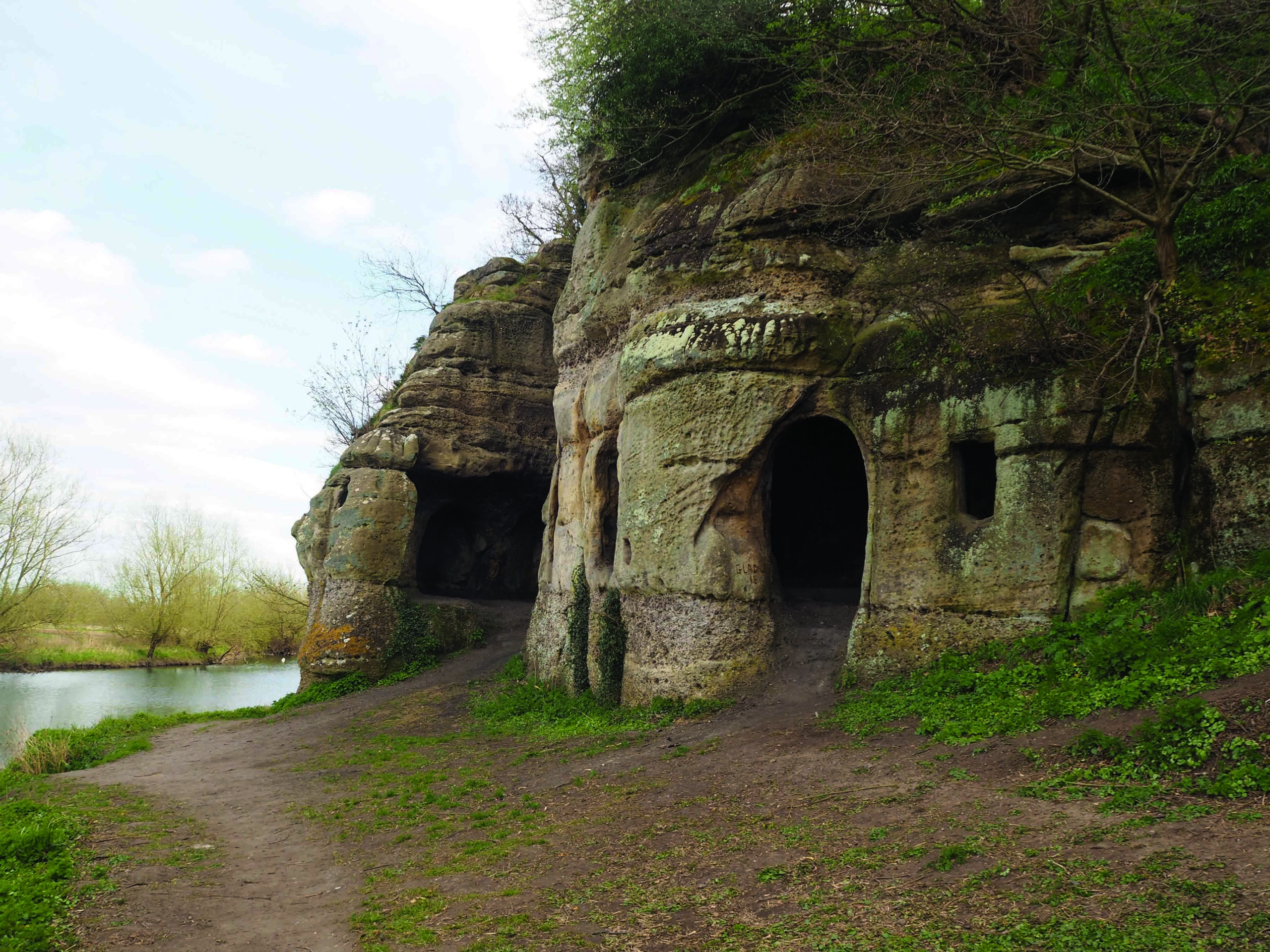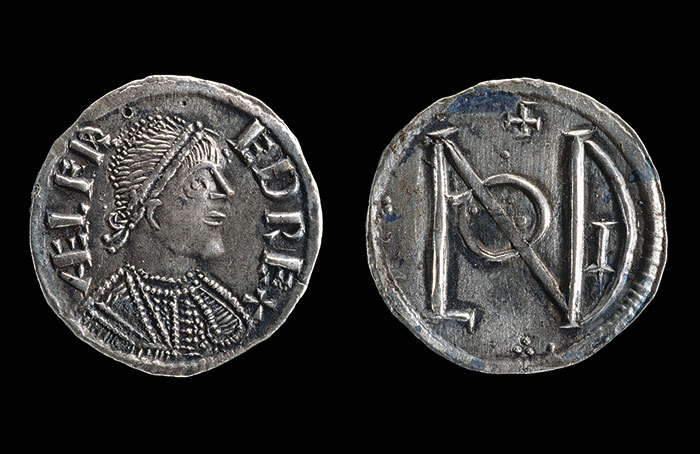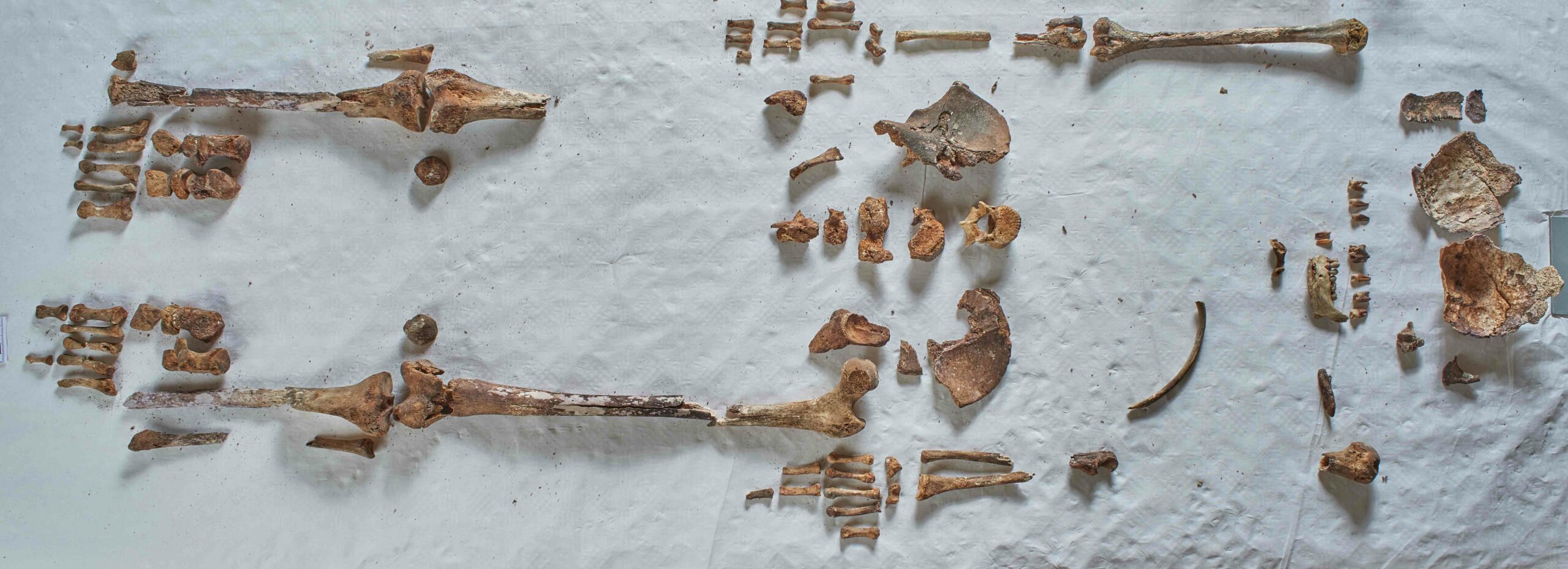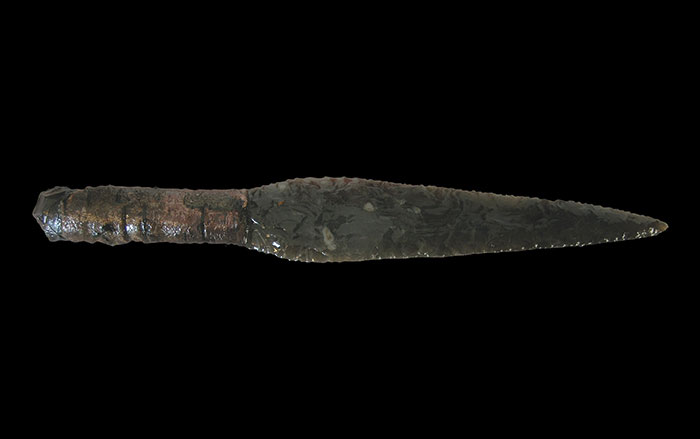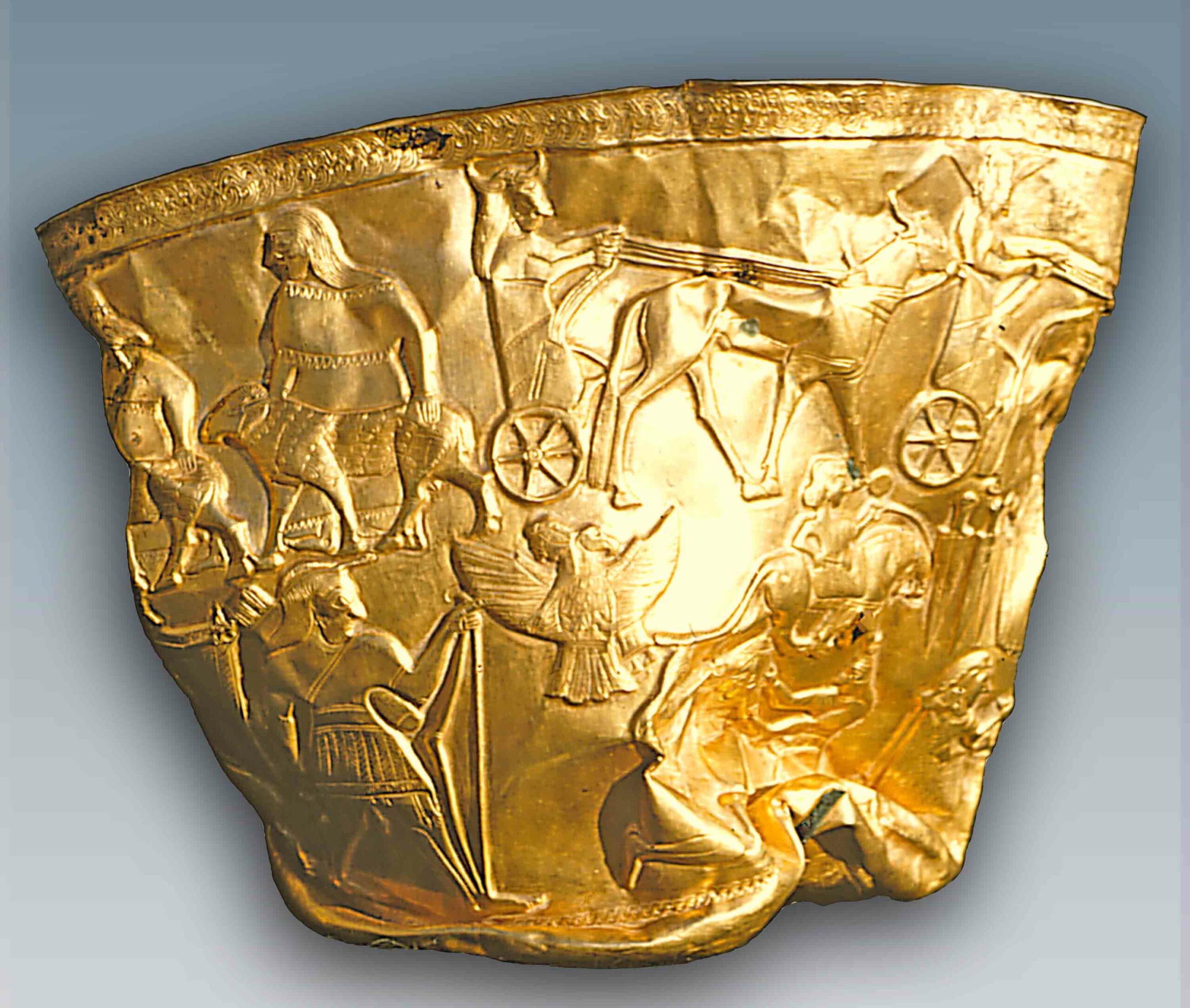
NOTTINGHAM, ENGLAND—A ninth-century Anglo-Saxon remedy for eye infections has been found to kill the modern-day superbug MRSA and disrupt naturally antibiotic-resistant biofilms in tests conducted by researchers from The University of Nottingham and Texas Tech University. Anglo-Saxon expert Christina Lee enlisted the microbiologists who recreated the potion, which includes ingredients such as onion, garlic, and part of a cow’s stomach brewed in a copper vessel. The recipe is from Bald’s Leechbook, a volume in the British Library that is thought to be one of the earliest-known books of medical advice and medicines. “We thought that Bald’s eye salve might show a small amount of antibiotic activity, because each of the ingredients has been shown by other researchers to have some effect on bacteria in the lab—copper and bile salts can kill bacteria, and the garlic family of plants make chemicals that interfere with the bacteria’s ability to damage infected tissues. But we were absolutely blown away by just how effective the combination of ingredients was,” Freya Harrison said in a press release. Steve Diggle adds that people may have been carrying out detailed scientific studies before bacteria were even discovered in order to produce such effective remedies. To read in-depth about Anglo-Saxon archaeology, see "The Kings of Kent."



